|
How do you regard dragonflies? In one of his great poems (As Kingfishers Catch Fire), the poet Gerard Manley Hopkins not only encourages us to be like them, but, in so doing, to be like Christ. Not everyone has always agreed however. In early colonial Australia for example, white fellas tried to kill dragonflies, just as they/we tried to kill so many other life-giving things that they/we did not understand. Those early colonialists saw dragonflies flying around and landing on their valuable horses, and they saw the horses moving and flicking their tails. So they thought the dragonflies were biting and making them crook. The colonialists were making things worse. The dragonflies were actually eating the mosquitoes and the gnats that were troubling the horses. They were life-givers, saviours even, not devils in disguise. In so many positive ways, dragonflies are thus evocative symbols for transgender people today. For, on this Transgender Day of Remembrance, we do well to attend to how bearers of light have been treated as embodiments of darkness. We do well, as our Gospel today (Luke 23.32-43) reminds us, to remember how Jesus was not crucified alone, and how others are also crucified today. And above all, we do well to affirm that it is only in recognising the light, in strange places, that we find salvation and hope for us all…
0 Comments
 ‘The Body doesn’t lie’, they say. Well, certainly it can powerfully reveal and prompt us to the truth. Years ago, for example, I remember a yoga teacher asking me to curl up into the foetal position and give myself a hug, expressing my love for myself. But I simply couldn’t manage it. I took up position, but my arms just wouldn’t do it. Even when I actively exercised my mind to give myself the appearance of a hug, my body would not obey. For you cannot simply command love. It has to be received, acknowledged, and embodied. Or, to put it another way, love has to be breathed in and breathed out. All of this takes us to the heart of Jesus’ teaching about the commandments (in Mark 12.28-34), and to the core of the Biblical tradition… 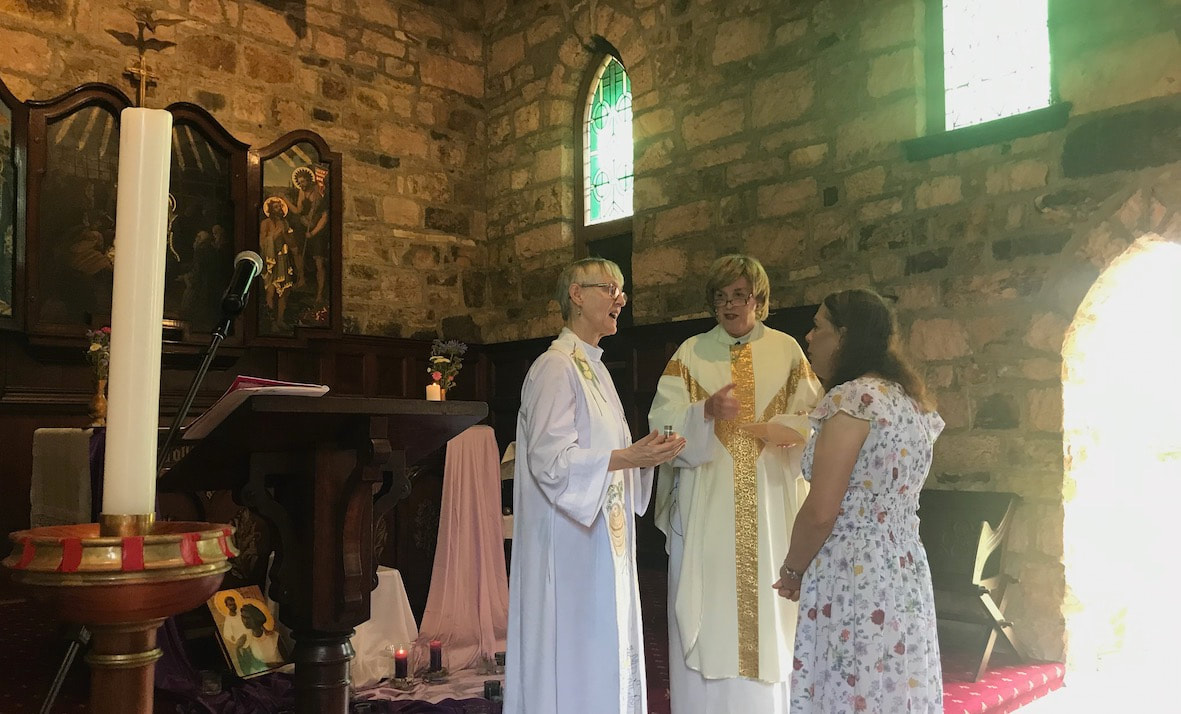 In the face of wider societal backlash, a fellow transgender Anglican priest in Australia (the Revd Sorèl Coward - pictured with my wife and I above) has been refused a license to officiate - this at a time when trans people need all the help we can get, and when we were explicitly excluded from national church ‘same sex marriage’ discussions (the ostensible reason for Sorèl’s rejection), This is such a confused decision by the Archbishop of Adelaide (who is also the Primate, i.e senior Australian bishop, of the Australian Anglican Church) that it is hard to know where to begin or end with the questions it raises. But now it is in the public sphere, I at least will ask some of them - and I hope as many people as possible will do so too. It is a direct consequence of official Church refusal to engage appropriately with the complexity of human gender and sexuality, and how little gender and sexually diverse people are even allowed to contribute our expert wisdom and experience. It is potentially another step to narrow sectarianism and such sad treatment of a lovely person who, ironically, has both the professional expertise and personal experience to help the Church grow in these matters. The affirming model of trans care is clearly vital to anyone with the eyes to see - and this certainly doesn’t involve using people’s long established loving marriages (blessed in Church for God’s sake!) against them. It is more than time for the Church and others to do all that is possible to address the deficit of transgender care and celebration. Initial coverage of this novel problematising of transgender Anglicans can be found here and here. My wife and I, as married Anglican priest in good standing, have written today to the Archbishop of Adelaide - a letter which can be found below (or downloaded here). The more I grow older, and hopefully a little deeper in understanding, the more I am aware of how religious traditions have wrestled with sexuality and gender in all kinds of extraordinary ways. For sexuality and gender have always been such powerful aspects of human lives and spirituality has therefore necessarily engaged with them as vital features of revelation and relationship, as well as repression and resistance. Sadly. so many 'sanitised' and narrowed readings of the Bible and religious traditions have significantly contributed to human distancing from intimate, celebratory and mature sexuality and gender identities. These are typically those which have much airplay today in wider media as well as conservative and fundamentalist circles. When however we look afresh at scripture and tradition, particularly through lenses of 'queer' experience, we find something very different. Some features can be quite confronting, even profoundly disturbing, full of extraordinary violence and subjugation. Some aspects can also be very different from our our contemporary contexts. Yet there are others, rightly viewed, which can help us face up to our own opportunities for growth towards richer sexual and gendered lives. They can be quite challenging but offer considerable liberative potential. Among these is the story (in Genesis 32.22-31) of Jacob's wresting with the divine, their wounding and blessing...
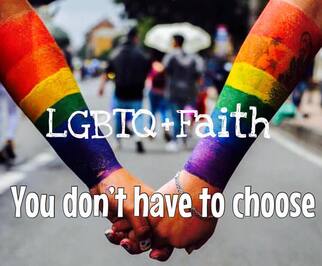 I speak today as both a proud member of our LGBTIQA+ community, and also as a dedicated person of faith, indeed as an Anglican priest. I do so, because people like me are typically erased, our lives and voices ignored. Yet we queer people of faith do exist! - and we are increasingly seeking to be visible. For our very existence gives lie to the monstrous misuse of religion for political ends. We suffer particularly profoundly from religious discrimination. We do not want religious exemptions which hurt us and others, and betray the heart of who we are. We also know that the majority of our fellow Australians of faith agree with us, as we saw in that dreadful postal survey. So we’ve tried to lobby, spoken to Government inquiries, sought to be part of desperately needed change. Yet, as queer people of faith, our rights to religious expression are seldom recognised... 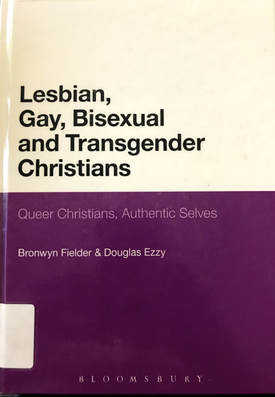 How often, I wonder, has a Lesbian, Gay, Bisexual, or Transgender Christian been attacked as a religious, moral, or logical 'impossibility', 'a contradiction in terms', a living oxymoron? Pretence and deceit are certainly themes which hover around gender diverse people and discussion of our lives and sense of being. Spiritually speaking, such features are typically regarded as unhealthy. Whilst, for instance, there are some positive stories of trickery in the Bible (notably in the case of the patriarch Jacob), these are usually the sign of a wayward, scheming, selfish or misdirected person. Later transitioning religious people are thus frequently caught in certain traps as they become the more 'authentic' selves God calls them to be. On the one hand, we may be called people of pretence and deceit by those who refuse to accept the realities of our identity. On the other hand, we may be attacked for hitherto seemingly living lives that were not true or misleading. At the very same time, we may also be dealing with our own shame, guilt, and confusions about what we may have 'pretended' to be. Yet, as we are reminded in both the powerful scriptural text of 2 Corinthians 6, and a just published book Lesbian, Gay, Bisexual and Transgender Christians: Queer Christians, Authentic Selves (by Bronwyn Fielder & Douglas Ezzy, Bloomsbury Press 2018),, we may be 'treated as impostors but are true' (2 Cor 6.8b)... 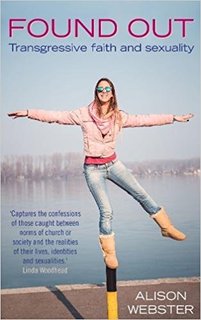 Are meaningful contemporary Christian sexual ethics possible? It depends where you look and to what you listen. No doubt many might be surprised, but there is actually a wonderful growing mine of resources, including Found Out: Transgressive faith and sexuality: the incisive and illuminating recent book by Alison Webster. Unfortunately, in bleak contrast, many 'official' Church statements have been far too blind, narrowed or vacuous, even within circles which purport to take human experience and the best of science and reason seriously. Over twenty years ago for example, as a priest in rural England, I vividly remember receiving an official declaration to Church of England clergy from the then Archbishops of Canterbury and York on the subject of marriage. It was unhelpful, seemingly constituting only a bald 'gate-keeper' reaffirmation of a theoretical position which no longer pertained if it ever did. It failed to recognise, never mind address, the pastoral realities faced by clergy: where almost every couple coming for marriage was already cohabiting; (some form of) sex before marriage was essentially de rigeur; and partners who were divorced, in various circumstances, were extremely common. Like the hastily put together statements on LGBTI+ issues of the time (sadly often since enshrined as a kind of fresh holy writ), it seemed like blinkers were the order of the day. Regrettably, things have not improved greatly, leading an increasingly large chasm between the actual sexual lives of faithful Christians and the Church as an institution. The 'official' Church has thus frequently appeared to be a frightened rabbit, hypnotised by the glare of the lights of contemporary sexuality, even when its pastoral practice, and many contributions of its best theologians, has often been quite otherwise. Today, in the face of further developments, not least the profound societal shifts in LGBTI+ understanding, it is hard to see how these things can hold together much longer. Happily, Alison Webster, in Found Out, is one of those who offers fresh and vital pathways, grounded in women's lived experience and a performative faith which leads to flourishing rather than stagnation and spiritual death... |
AuthorThe Revd Dr Jo Inkpin: Archives
March 2024
Categories
All
|
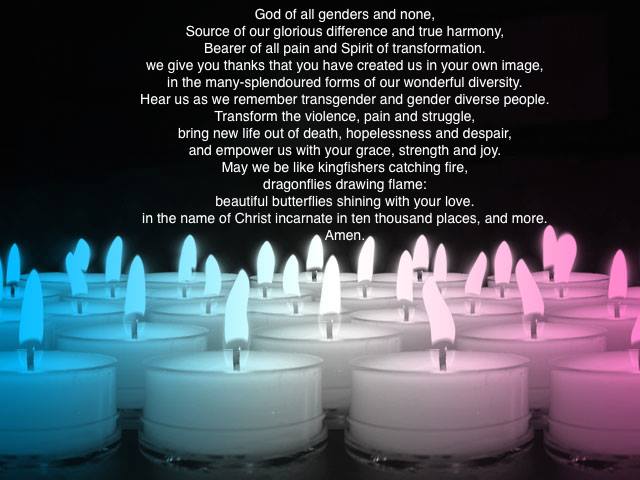
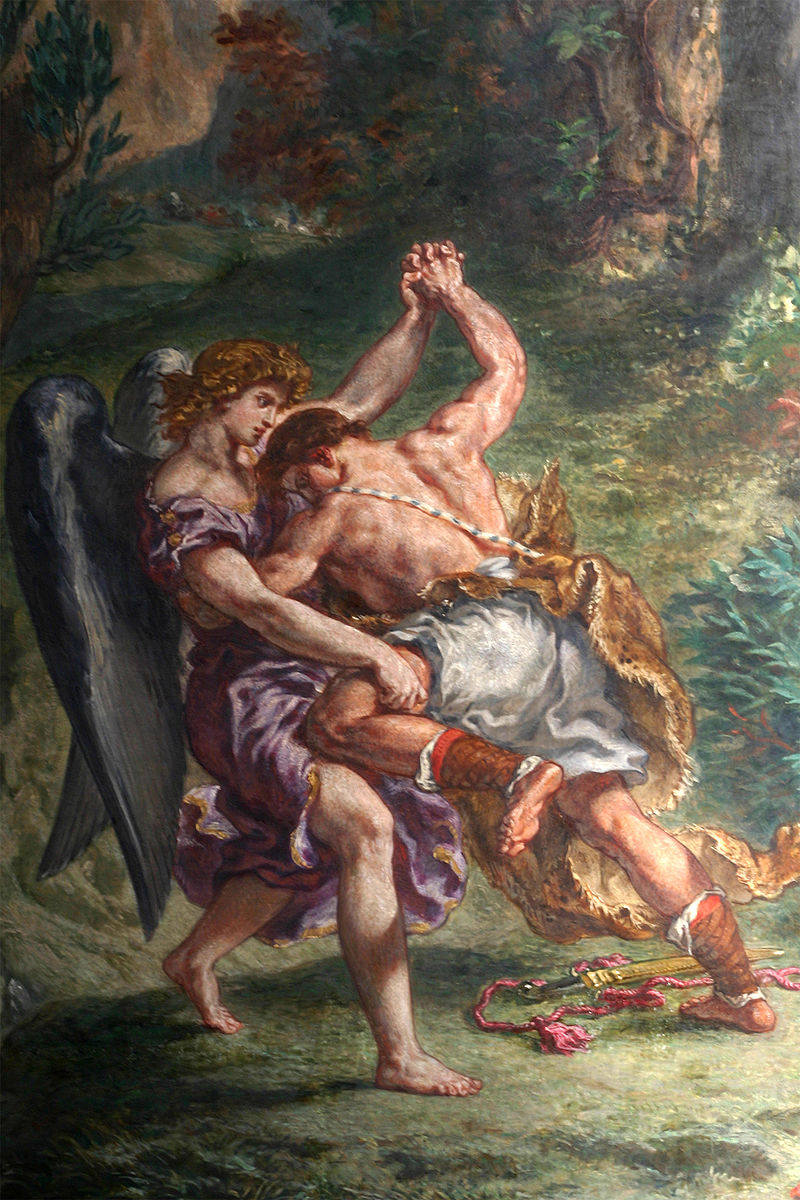
 RSS Feed
RSS Feed